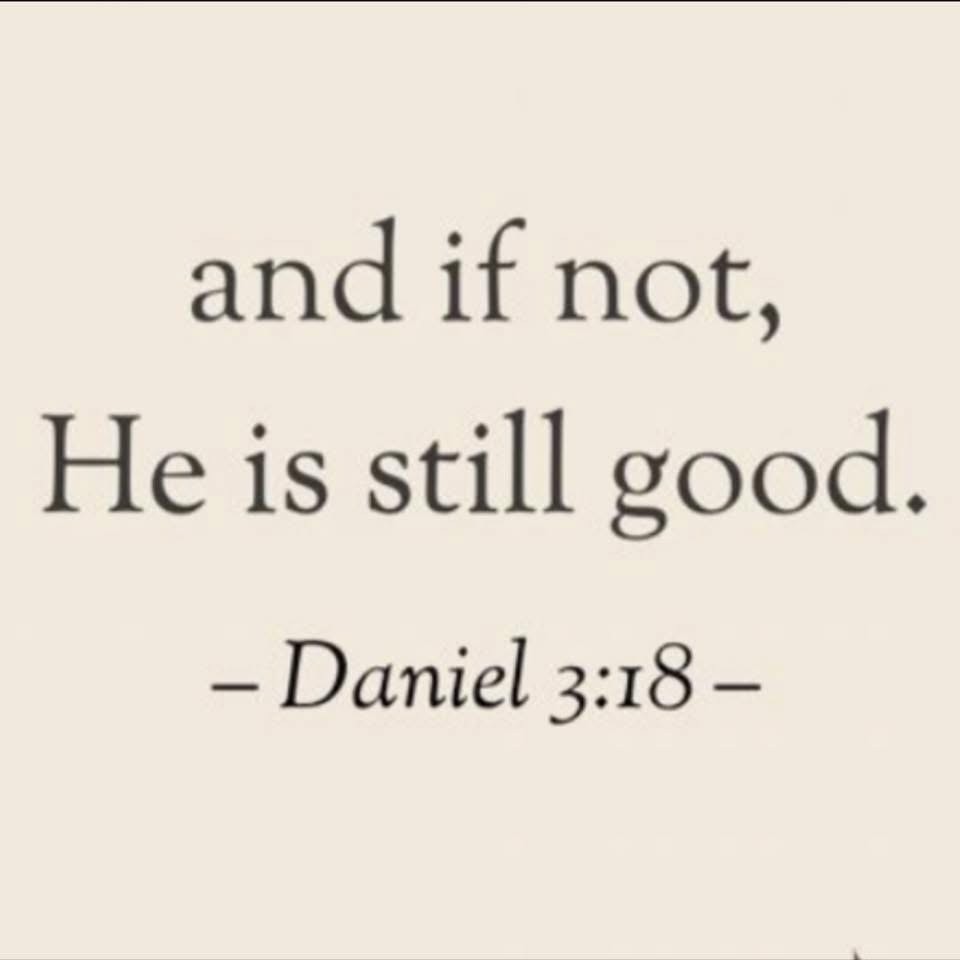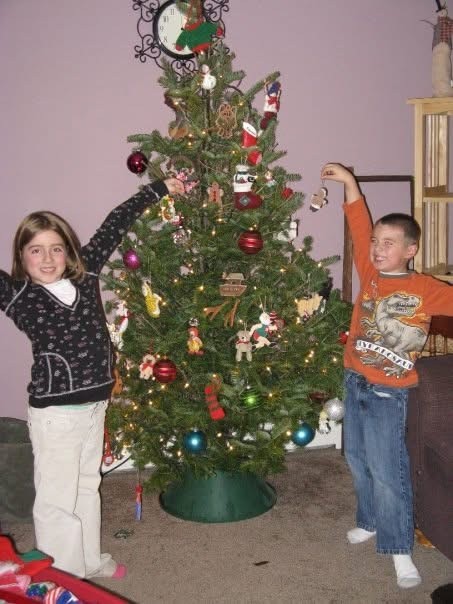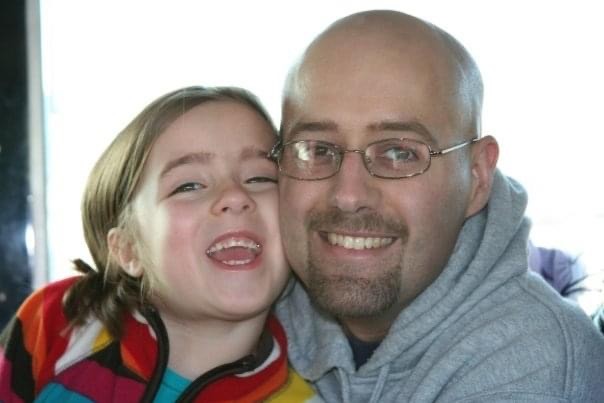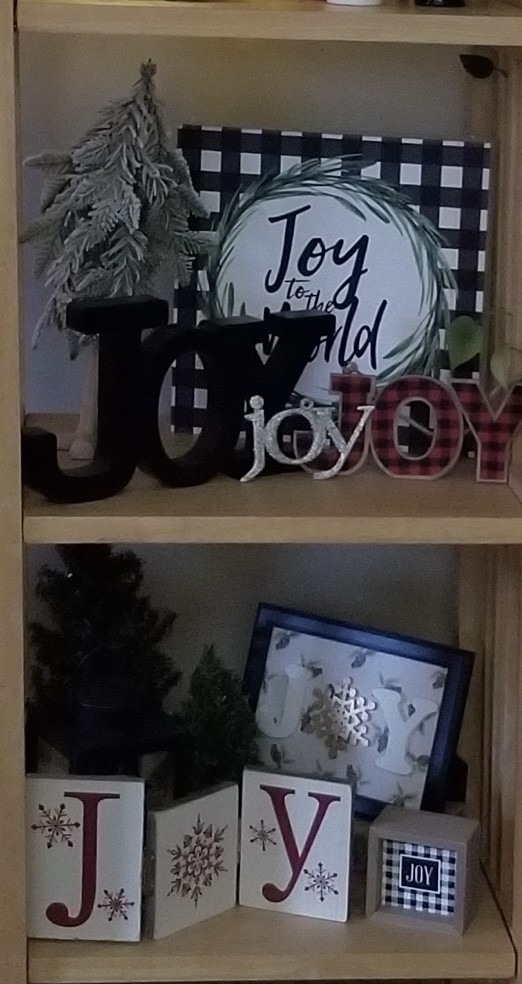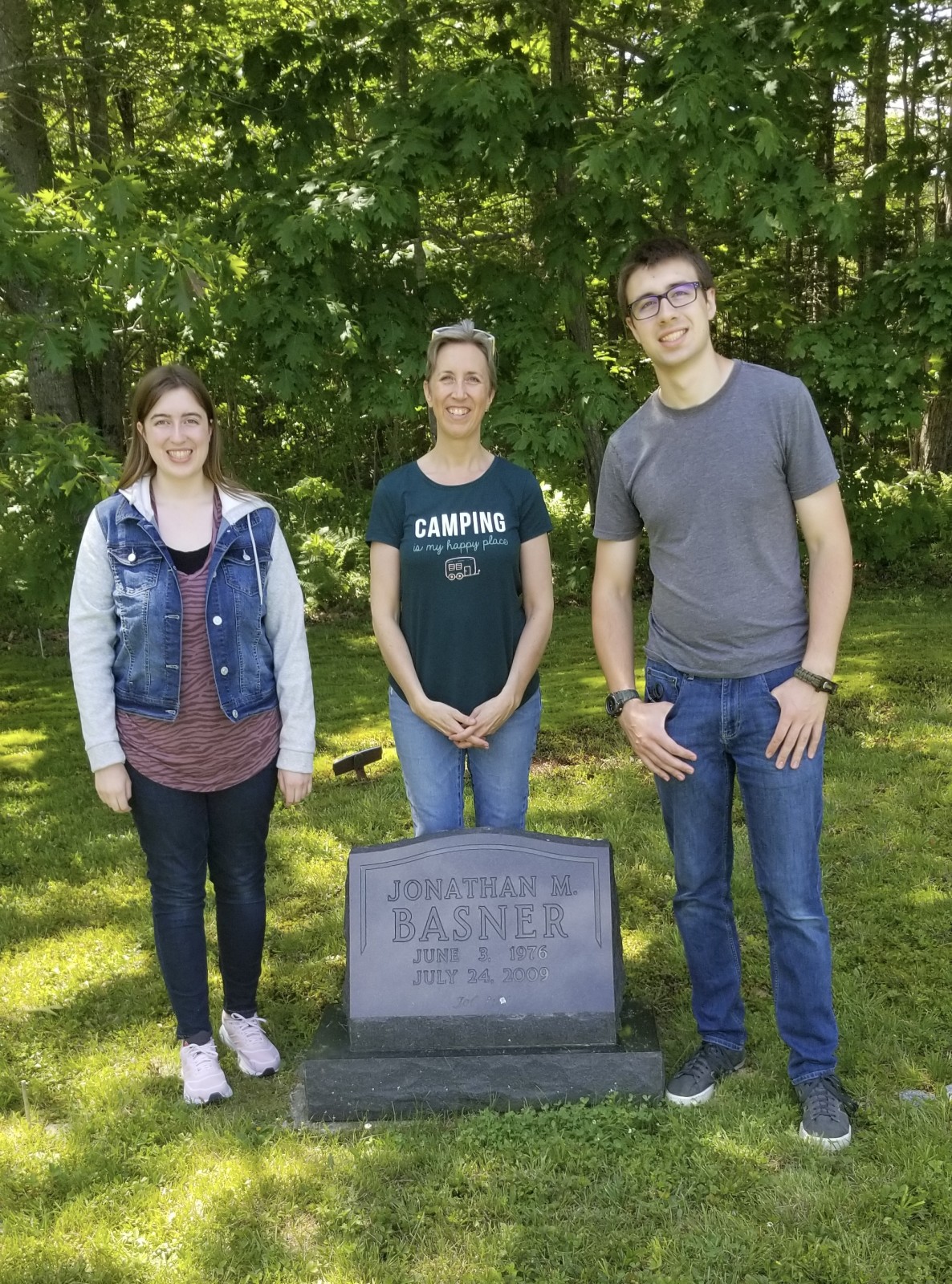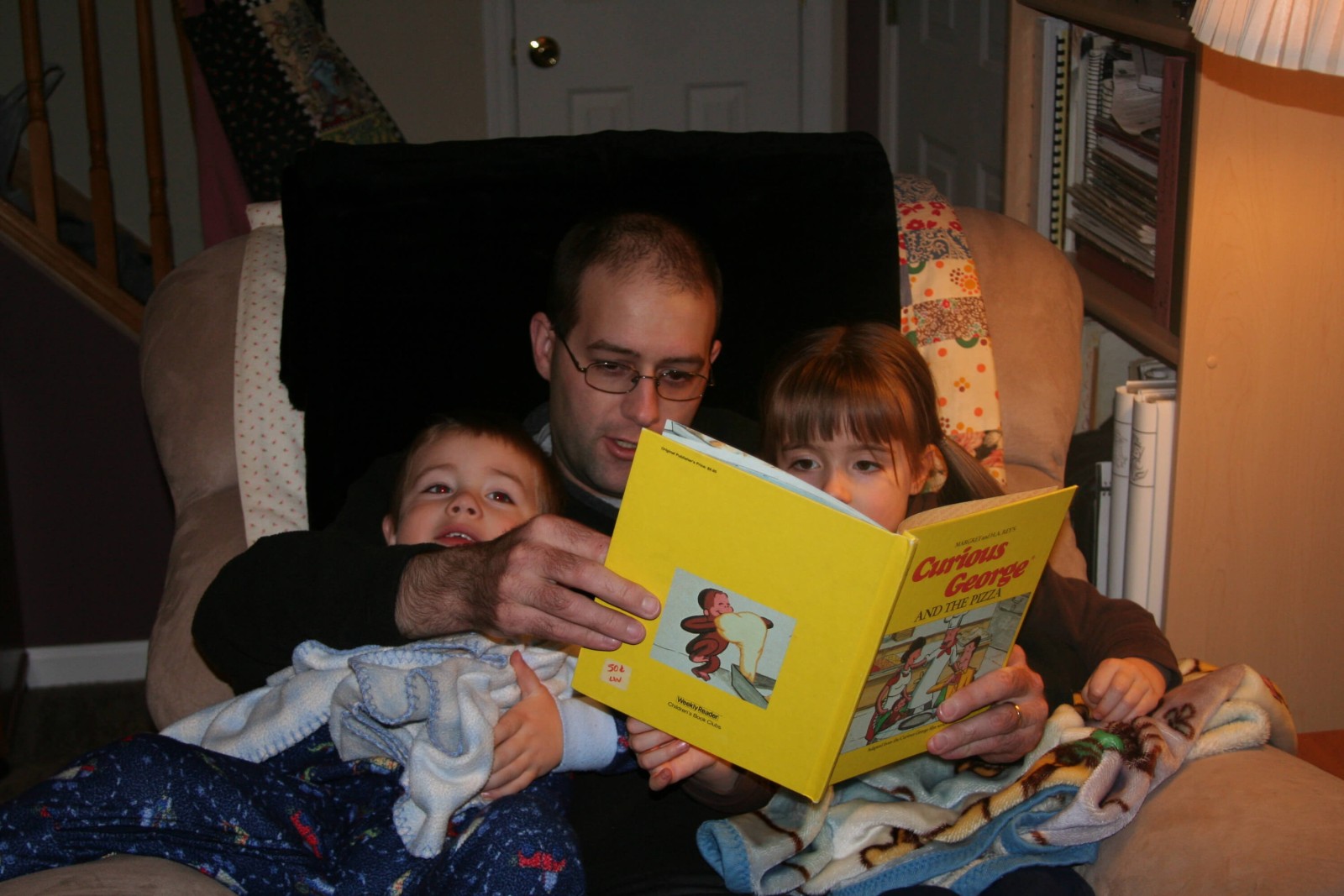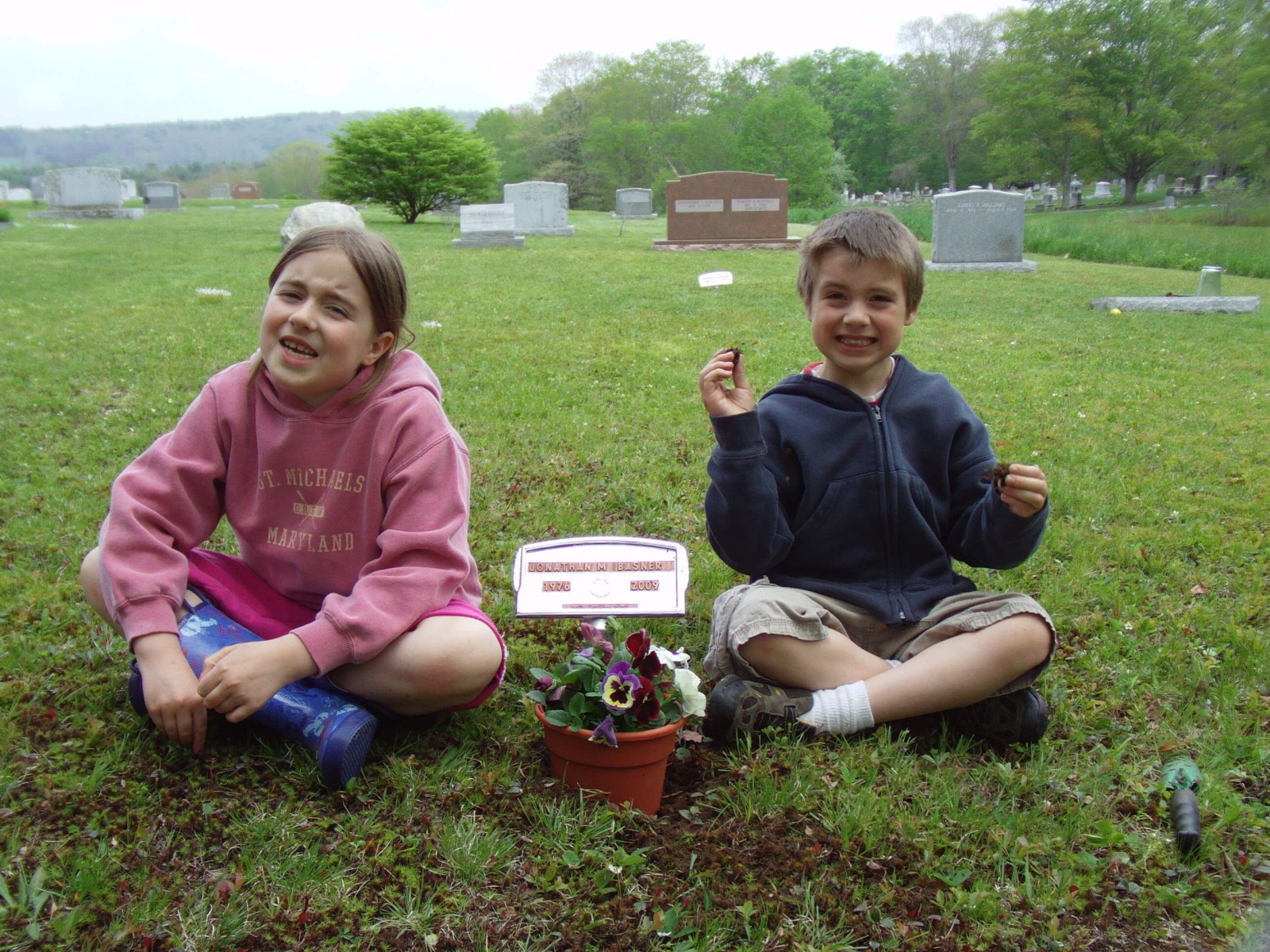As I stopped being so busy, I unintentionally began isolating myself, which only compounded my anxiety and depression. I felt like I shouldn’t still be struggling so much. It had been nearly 4 years since Jon passed, and I thought I would have been past this point. Those feelings contributed to my depression because I was putting expectations on myself instead of leaving those things in the Lord’s hands. The Lord finally got my attention and made it very clear that I needed to get some help. My kids and I moved in with my parents for a couple of months, and while there, I started getting counseling. During counseling, God showed me the unhealthy thought patterns and destructive behaviors I was holding on to, and slowly He helped me let go of those and deepened my trust in Him. He helped me release control of my life and leave it in His much more capable hands. During that time, God made it clear that we needed to move closer to family. We moved from Maine to New Hampshire into a little house just down the street from my folks, which was a big step in my healing journey.
Read more...The Dangers of Depression
While there are benefits to depression, prolonged depression can be dangerous. When it feels insurmountable, it can lead to a sense of hopelessness and even thoughts of self-harm. It can strain our physical health, leading to chronic fatigue, weakened immune systems, and other serious health implications. Depression can isolate us, causing us to withdraw from our support networks at a time when we need them most.
Depression was by far my longest stage in grief. During this stage I had a constant heaviness that didn’t lift for a long time. I had trouble staying asleep, I struggled with adrenal fatigue, my autoimmune disease flared up, and everything felt so much harder than usual. I missed Jon so much, and I was struggling with how to do life without him. I got stuck in my grief and had a difficult time moving forward.
Read more...As we continue this series on the stages of grief, we arrive at one that is often misunderstood in the grieving process, depression. Depression is one of those stages that can feel particularly heavy and dark. However, understanding depression, both its benefits and its dangers, can help you navigate this complex emotion more effectively and eventually move past it.
Understanding Depression
Depression in the grieving process is not merely feeling sad; it is a deep, pervasive sorrow that can make it difficult to function daily. It brings fatigue, changes in sleep and appetite, difficulty concentrating, and an overwhelming sense of despair. As someone who has walked this path, I can attest that depression during grief can be oppressive and burdensome, yet it is a necessary step to take in the healing journey.
Read more...The Dangers of Bargaining
However, the dangers of lingering too long in the bargaining stage are real. If we become stuck in a cycle of "if only" and "what if," we risk delaying the healing process, potentially leading to feelings of guilt, prolonged sadness, and an inability to move forward. The endless negotiation with ourselves or God can anchor us to a moment in time that, no matter how much we wish it, we cannot return to or alter. We become stuck. It's crucial to recognize when bargaining is no longer serving a purpose but instead, holding us back from acceptance, peace, and healing.
One of the dangers that I experienced in this stage was a need to control things. This is pretty much a pattern throughout all the stages in my grief journey, and the Lord continues to work on my desire for control. I would try to control things in an effort to not experience the same thing again. For example, my question, “What if we had lived a healthier lifestyle?” became an obsession to keep things as healthy as possible to control the outcome of our future. While there’s nothing wrong with wanting to live a healthier lifestyle, I became so focused on the outcome of my health and my kids’ health, that it was all I could think about and plan for. The future is in God’s hands, not mine. I need to be a good steward of the body He has given me, and help my kids be healthy, but not to the point of obsession.
Read more...Understanding Bargaining in Grief
Journeying through grief takes a lot of work. It’s not a process to be rushed, nor is it easy to navigate, especially if you have young kids. It takes time, patience, and stamina to work through the stages, and they each present their own challenges and various emotions. The next stage, bargaining, is a complex step in the grief process.
Bargaining in grief is a stage marked by the "if only" and "what if" questions. It's a natural response to the feelings of vulnerability and helplessness that loss brings. We might find ourselves negotiating with God, promising to make changes in our life in exchange for the return of what we've lost, or for relief from our anguish. This stage embodies our desire to regain control over the uncontrollable, to negotiate our way out of pain and back to a semblance of normalcy and often occurs alongside denial and anger.
As with the anger stage, I didn’t think I experienced much bargaining in my grieving journey. I couldn’t really recall any times I was trying to negotiate with God or asking Him to bring Jon back in exchange for me committing to something. However, after researching what this stage actually is, I realized bargaining was definitely a part of the grief process for me.
Read more...
